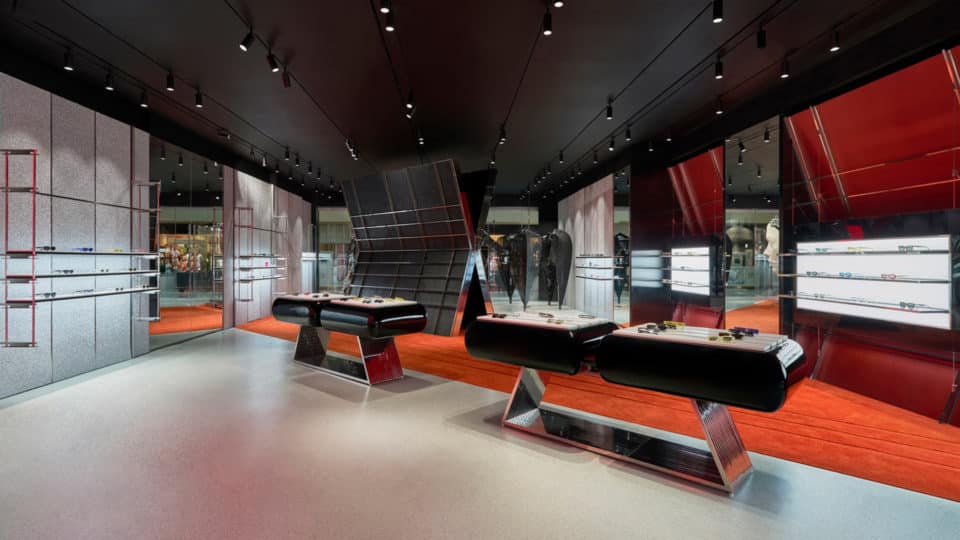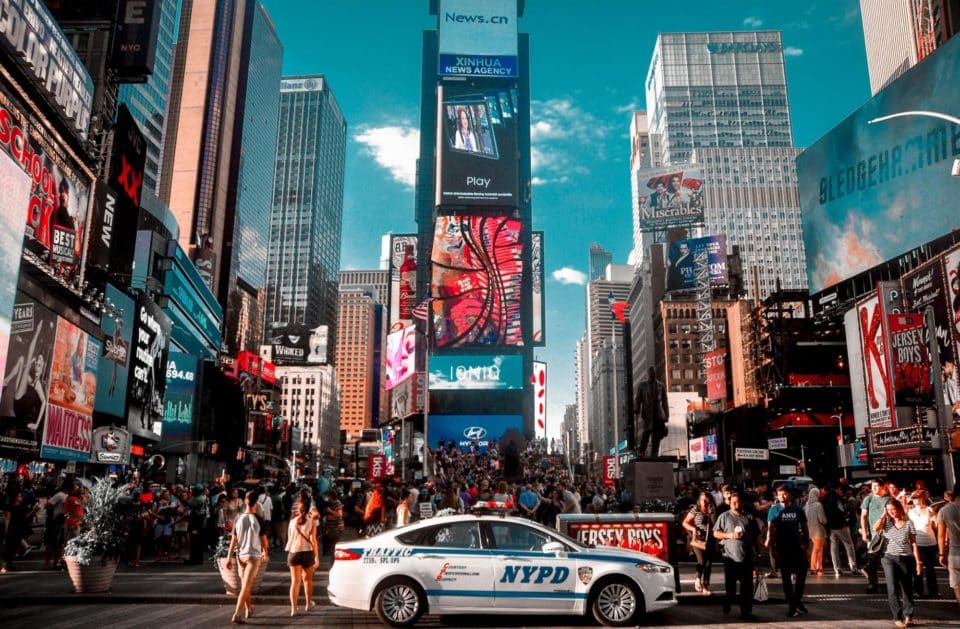Is Moby Mart the roaming, automated store of the future?
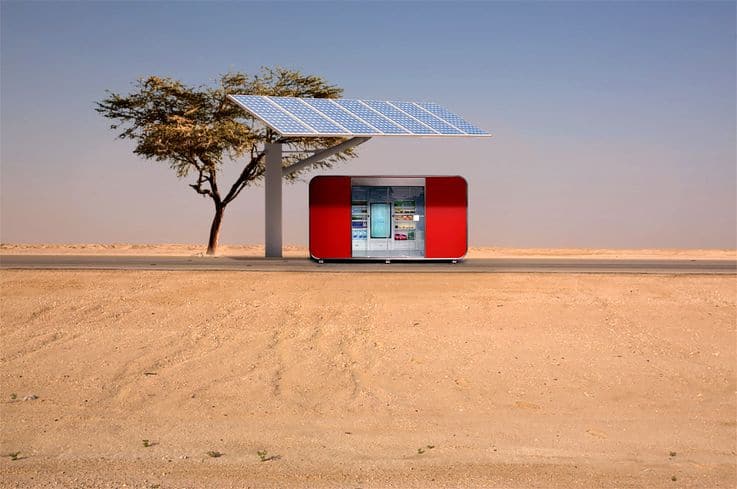
In the future if you run out of milk late at night you may not need to go to the store. Instead you may be able to open an app and bring the store to you, walk in and walk out again with your milk. All without the need for someone to check you out.
Sounds implausible? Moby Mart is already working to bring this roaming, automated store of the future to life. The company has become a first name in automated spaces, from driveable models to small spaces you can put anywhere. What they all have in common is tech that lets you get in and out without the usual checkout experience.
We spoke to co-founder Hannah Lina Mazetti about where the idea came from, Moby Mart’s aspirations and why automated retail may satisfy our desire for convenience in the future:
Hannah Lina Mazetti, Co-Founder, Moby Mart
Can you tell us about the evolution from Wheelys into Moby Mart?
The Wheelys concept is a café on a bike. We call it a business in a box. They cost around $3000 and this means every young entrepreneur who can’t afford the overheads of having a real café, or for that matter aren’t really interested in just taking a job at the local Starbucks, can start their own café. It was a really amazing realisation that we could provide people with that.
Within one and a half years we’d expanded to 80 countries and more than 900 cafes. That was a really rapid expansion. Being part of that made me realise the importance of providing these kinds of solutions to the public.
It was also the seed to Moby Mart, because each Wheelys cafe needs someone to operate them. We were thinking about this and the idea that if we could make the cafes staff-less then one person could actually operate many.
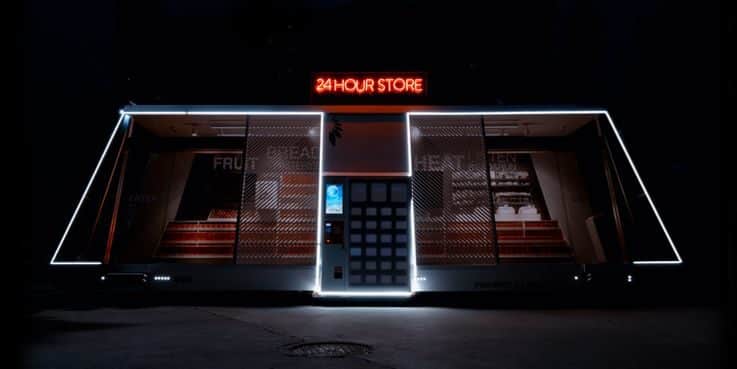
How long did it take to develop the Moby Mart concept and get a real one out on the streets?
It was pretty fast actually. It started out as a subsidiary of Wheelys and we already had a factory for producing those. We acquired a Swedish company called Näraffär, which was the first staff-less store system in the world, and within a few months we’d built our first Moby Alpha. This has now been operational for one and a half years at the Hefei University in Shanghai.
Does that one mainly stay in one spot?
At the moment it mainly stays in one spot, but it is actually movable via a remote control. Hefei is one of the top tech universities in China and they are actually helping us develop the self-driving tech. We can’t actually have it self-driving on the streets due to legislation, but we hope to have that integrated soon.
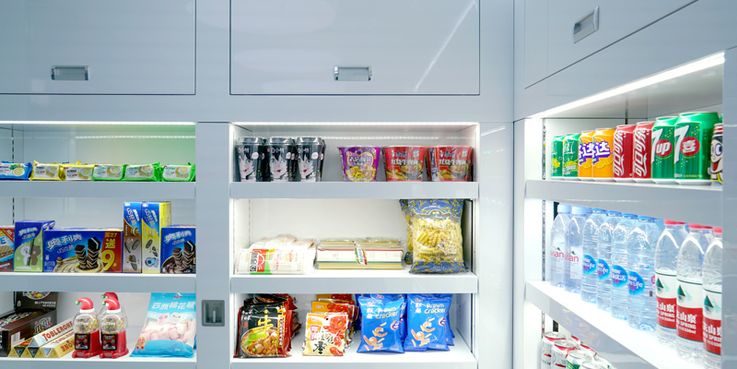
How many Moby Marts are live currently?
We have one Moby Alpha live, which is the one at Hefei University. We have two Moby PSI and two Moby XI’s on the streets. All of them are in the greater Shanghai area. The return on investment is really good. We’re saying five months but actually it’s less.
We’re looking to do some fundraising later in the summer and once we’ve done that we will have the capacity to scale up to maybe 50 or 100 within half a year. It could be a very fast development.
Why did you choose to start testing in China?
We had a really great team in Shanghai and a factory there already, so it made sense from that perspective. But also staff-less tech has really evolved in China. People are really used to paying via mobile and WeChat pay, so it felt like a good place to test. We’re really looking forward to testing in the West as well.
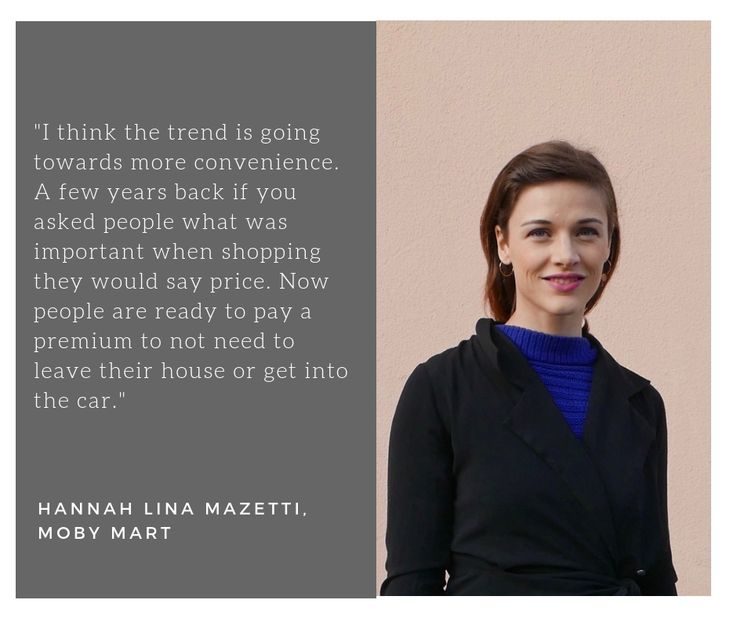
What are you testing with the live units?
We’re testing different kinds of products and different locations. We have one space that sells just fruit, which has been selling a lot for that kind of store. So far though convenience items have been the most successful concept.
We’re looking at the theft rate, how much shrinkage is in different areas and what we can do to increase profit. There are so many ways that these can be used and we haven’t even started to test a percentage of that.
How do you choose what to stock in each space?
At the moment we are testing different products manually, but everything is recorded in the cloud so we can easily compare what sells more and what sells less. Fine-tuning that algorithm to suggest products will be a very crucial part in the future.
Is the legality of self-driving vehicles why you’ve developed some other models?
I don’t think it will be too long before we can put the self-driving parts in motion. We created the Moby PSi and XI as they are a lot cheaper to build and they’re easier to ship and set up. Since they’re so small, they’re easier to put on a trailer and drive out to the countryside.
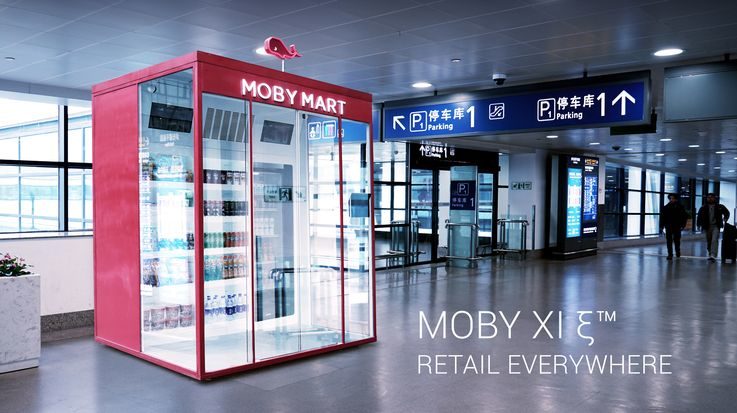
Who is your target audience for these models?
I don’t doubt that these stores will be used in many countries by some bigger chains, but our end vision is that we can also sell these to developing countries where it could be a family business.
Even in Sweden we have a lot of small villages that don’t have a store and one solution may be for those villages to own and run a store together. That can be the difference between life and death for that village. Apart from just convenience the village shop is so much more than a store. It’s a place where you can meet your neighbours and chat about the news.
Do you have any thoughts about how an automated space for rural areas can become a meeting point?
There are many ways that we could do that. For example, many bus stops in remote areas are just somewhere to stand and there’s an opportunity to put a store there with seating and coffee. Basically, we have a box we can do anything with. The store module is really versatile and we can change and adapt the interiors quite a bit.
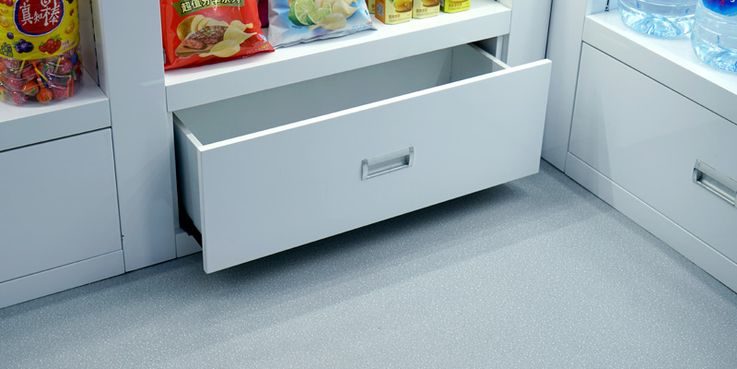
Is there anything that’s struck you as being surprising or interesting from the testing?
People are taking to the technology really quickly. We have six thousand members at one store where 5% actually use it every day.
Security is a very interesting part. We have a really low theft rate which is surprising to many people who work in this area. It’s kind of counter intuitive because you just register your credit card and then you enter and can take whatever you want. But so far, we have a lower theft rate than other stores in the area. We’re also higher profit than other stores of the same size in the area.
Are the people that visit the stores bothered by the lack of staff?
People know that it’s a staff-less store and they’re kind of thrilled about it. But of course, some people are scared of AI and the future and the idea that maybe in 10 years you won’t be able to go into a store and see a friendly face.
But I think it’s the same people that are afraid of these things that will value convenience more in the future, than going into a supermarket just to see someone. I think as a company that will play a part in this change we also have some responsibility to make that development more human. That is why we focus also on bringing retail to remote areas where people don’t really meet one another that often.
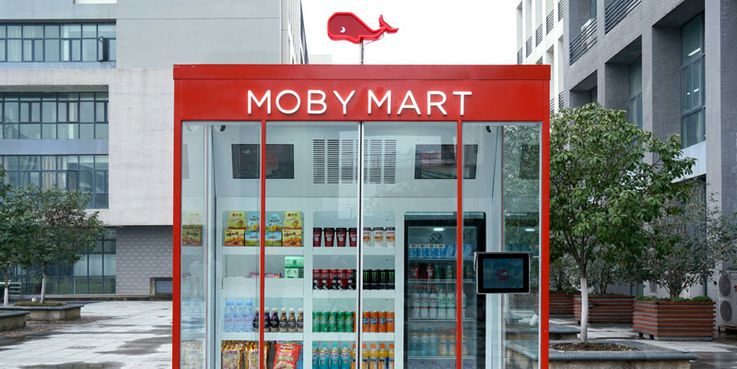
Is there anything that you’ve adapted about the Moby Mart based on what you’ve learnt so far?
Most of the adaptations have been around the production of the stores because we want to be able to make them very light, versatile, durable and easy to ship and to mass produce. We are really looking forward to being able to put them off grid. This could be a game changer for retail in some areas.
What are some of the biggest challenges or potential barriers that you may need to overcome?
We obviously need some good partners. That’s what we are looking for right now. Logistics are a big hurdle for a hardware company like us. With Wheelys we shipped so many cafes in such a rapid manner and to so many different places that it was actually hard to make each store as good as we wanted to, and to help each Wheelys cafe owner increase their profits and teach them everything they need to know. When it comes to Moby Mart we will be focusing on a few areas and then expanding from there.
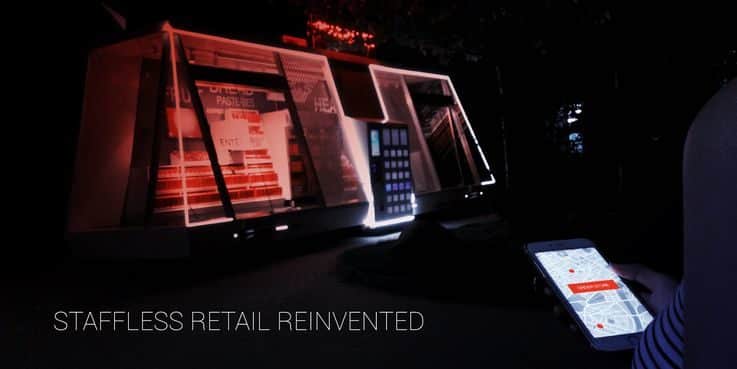
Do you have any thoughts on the split of manned and unmanned retail in the future?
I think the trend is going towards more convenience. A few years back if you asked people what was important when shopping they would say price. Now people are ready to pay a premium to not need to leave their house or get into the car. I think that will be the case even for regular retail, but definitely automated retail will play a very important part in that.
I think there will be stores that are staffed still in ten years, but I think that the ratio will be very small. In 20 years maybe only 1% of the grocery store chains that are operational in the world right now will be still there.
Images courtesy of Moby Mart
Here’s everything you need to know about the world of unmanned, automated retail. You’re welcome.
And to experience this sort of retail future yourself get in touch to find out about our Shanghai retail safaris.


